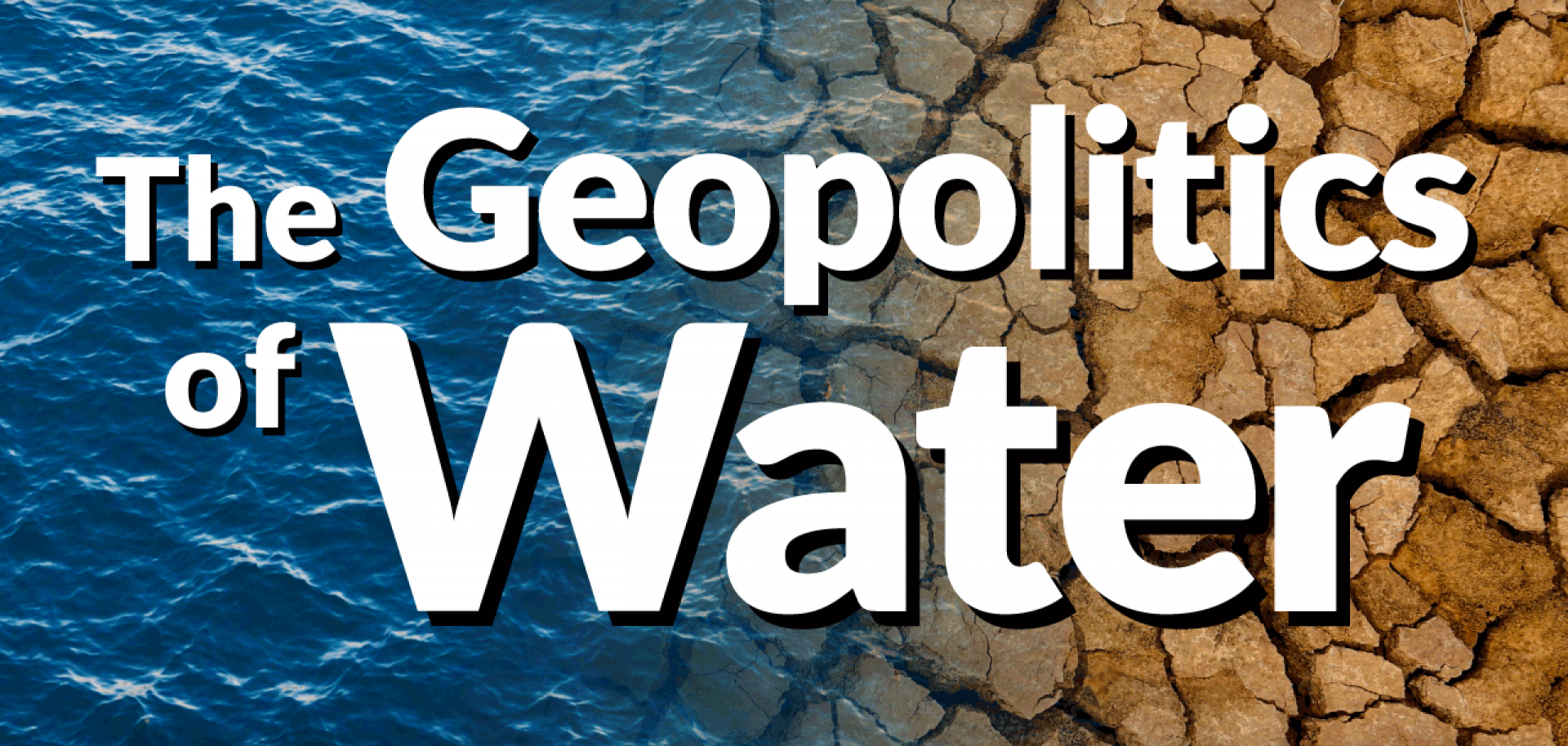Facing an ongoing drought, North African governments are promoting water-saving technologies and infrastructure improvements, but prolonged overconsumption in the agricultural sector, mismanagement and technological constraints will worsen water stress and heighten the risk of unrest over time. North Africa is in its sixth year of drought, most directly impacting Morocco, Algeria and Tunisia, and regional rainfall has decreased more broadly over the past several decades due to the effects of climate change, which are anticipated to worsen in the coming years. As a result of the drought, North Africa has less arable land, emptier regional dams, a loss of agricultural jobs and higher food prices. Water scarcity is projected to continue rising alongside North Africa's population, which the Institute for Security Studies, an African human security organization, projects will grow from 121.4 million in 1990 to 270.5 million by 2043. Already, growing populations have pushed North African countries to overexploit...

